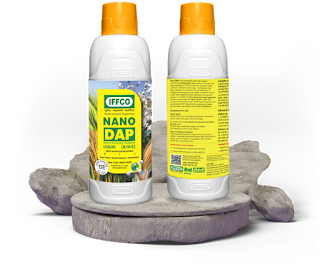How Organic Fertilising is a Boon to Your Plant Health
Fertilizers provide nutrients to plants, essential for several reasons, including healthy microbe development, boosting crop yield, and improving soil fertility. However, compared to years of chemical applications and inorganic farming practices, modern growers have now become more conscious of what they are applying to their plants.
The art and practice of organic fertilizer application has gained immense popularity, and all for the right reasons. Let us delve into some key benefits of organic fertilizers, and why they are considered the secret recipe for abundant plant growth, yield and environmental health.
Boost Plant Growth & Promote Healthier Roots
One of the main reasons why farmers prefer using organic fertilizers is their ability to promote plant growth naturally and encourage a healthy root system. Roots are an essential channel house for plants. They are responsible not only for holding the plant to the soil but are a route for plants to utilize water, nutrients and oxygen present in the soil. Unlike synthetic fertilizers, which provide a quick nutrient fix, organic fertilizers break down over time (with the help of soil bacteria and fungi) and provide essential nutrients to plants steadily over time. It also minimizes the possibility of root burn and ensures the plants are getting their health doze from time to time.
Improved Soil Quality
Healthy soil is the foundation for a thriving plant life. Soil is composed of minerals, organic matter, living organisms, gas and water. Each component plays an important role in helping a plant thrive. However, over time, due to inorganic farming practices such as chemical fertilizations, monocropping, use of synthetics, and GMO seed application, the soil tends to lose its natural structure and may even end up losing a lot of these components. Organic fertilizers contribute to soil health by increasing the quantity of organic matter content and promoting the growth of beneficial microorganisms. When applied to soil, organic fertilizers improve water-retention capacity and soil structure.
The decision to switch to organic fertilizer applications has had a game-changing impact on the farming industry. Some great substitutes for synthetic/chemical can be cow manure, vermicomposting, bone meal, and kitchen waste compost. Alternatively, a healthy foliar dose of IFFCO Nano organic DAP fertilizer composition compared to conventional DAP application is also an eco-friendly option.



Comments
Post a Comment